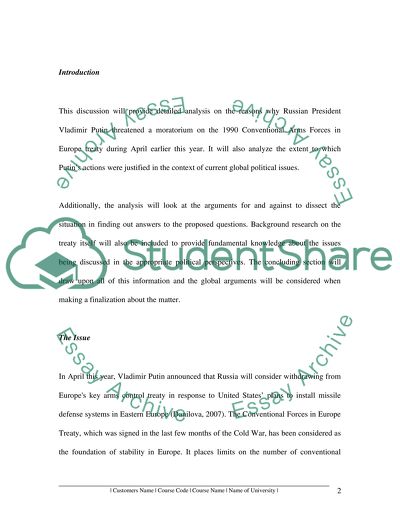Cite this document
(American Politics and Foreign Policy Essay Example | Topics and Well Written Essays - 1500 words, n.d.)
American Politics and Foreign Policy Essay Example | Topics and Well Written Essays - 1500 words. https://studentshare.org/politics/1526680-american-politics-and-foreign-policy
American Politics and Foreign Policy Essay Example | Topics and Well Written Essays - 1500 words. https://studentshare.org/politics/1526680-american-politics-and-foreign-policy
(American Politics and Foreign Policy Essay Example | Topics and Well Written Essays - 1500 Words)
American Politics and Foreign Policy Essay Example | Topics and Well Written Essays - 1500 Words. https://studentshare.org/politics/1526680-american-politics-and-foreign-policy.
American Politics and Foreign Policy Essay Example | Topics and Well Written Essays - 1500 Words. https://studentshare.org/politics/1526680-american-politics-and-foreign-policy.
“American Politics and Foreign Policy Essay Example | Topics and Well Written Essays - 1500 Words”. https://studentshare.org/politics/1526680-american-politics-and-foreign-policy.


